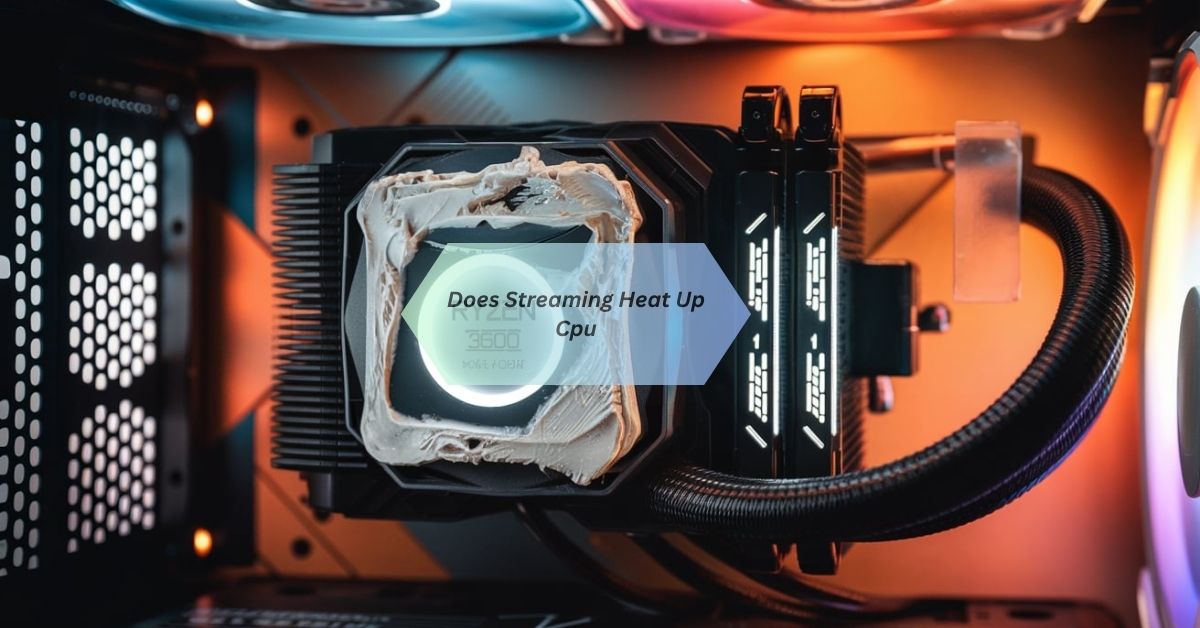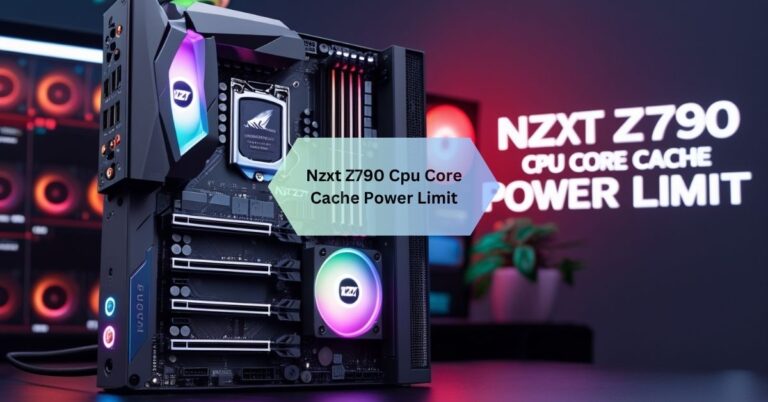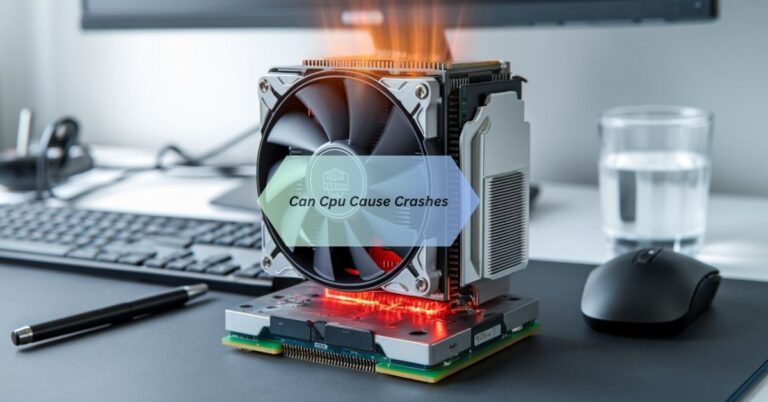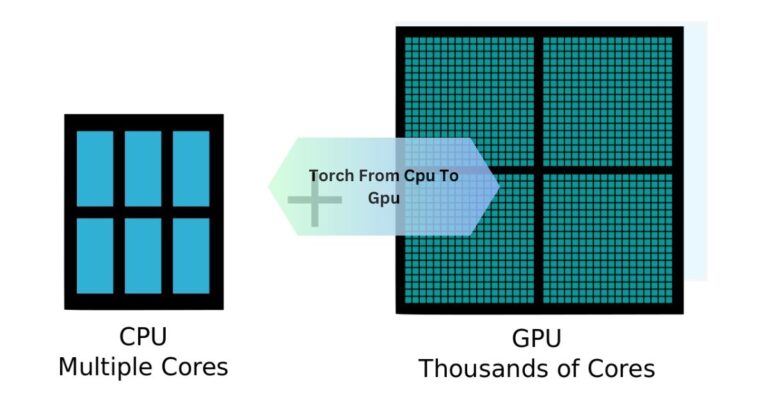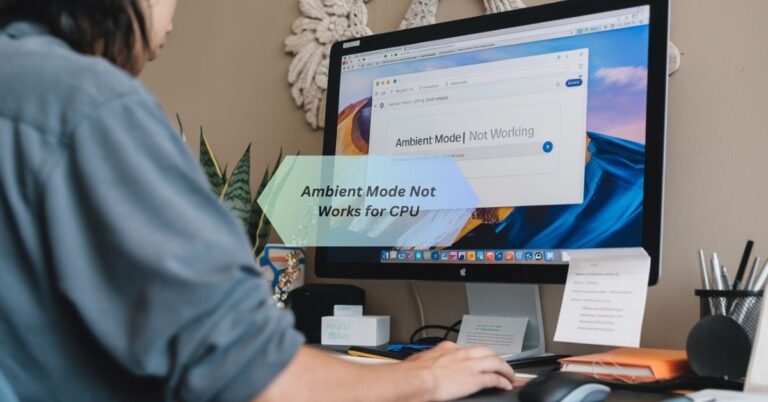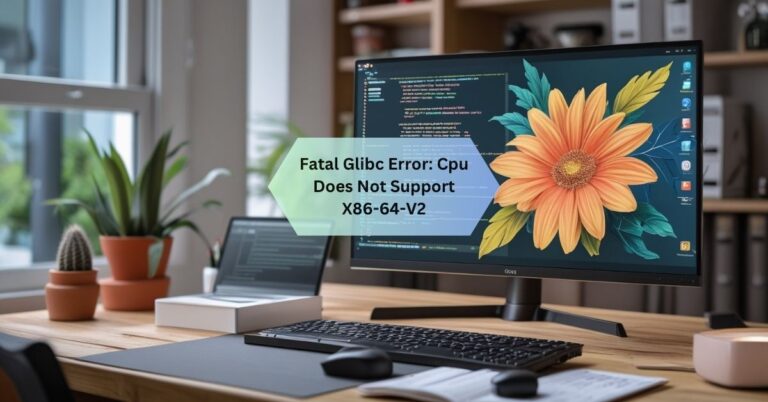Does Streaming Heat Up Cpu – Tips to Keep Your System Cool!
When I started streaming, I noticed my CPU temperatures creeping up faster than usual. It seemed like the constant workload of encoding and broadcasting was really pushing my system, making it heat up significantly.
Yes, does streaming heat up cpu. The process of encoding video, running the stream, and handling multiple tasks at once increases your system’s workload, causing it to generate more heat. To avoid overheating, make sure your PC is well-ventilated and monitor your CPU temperature regularly.
Stay tuned with us as we dive deeper into the topic of whether Does Streaming Heat Up Cpu We’ll explore how streaming affects your system’s performance and share tips on how to manage your CPU temperature effectively. Keep reading to find out more!
Tips For Preventing Laptop Overheating During Obs Streaming!
Here are several strategies to help mitigate this problem:
Optimize OBS Settings
- Lower Output Resolution: Reducing the resolution of your stream can significantly decrease CPU usage. Consider streaming at 720p instead of 1080p if your laptop struggles with higher resolutions.
- Adjust Frame Rate: Lowering the frames per second (FPS) can also help. Aim for 30 FPS or even 24 FPS, which can still provide a decent viewing experience without overloading your system.
- Change Encoder Settings: Use faster x264 presets in OBS, such as ‘superfast’ or ‘ultrafast’, which can reduce CPU load at the expense of some video quality.
Manage Background Processes
- Close Unnecessary Applications: Before starting your stream, close any applications that are not essential. This includes web browsers, games, and other software that may consume CPU and RAM resources.
- Check Resource Usage: Use task management tools to monitor CPU and RAM usage. If any processes are consuming excessive resources, consider terminating them.
Improve Cooling and Ventilation
- Use a Cooling Pad: Invest in a cooling pad to improve airflow around your laptop. This can significantly lower operating temperatures during intensive tasks like streaming.
- Ensure Proper Ventilation: Make sure your laptop’s vents are not obstructed. Avoid using it on soft surfaces like beds or couches that can block airflow.
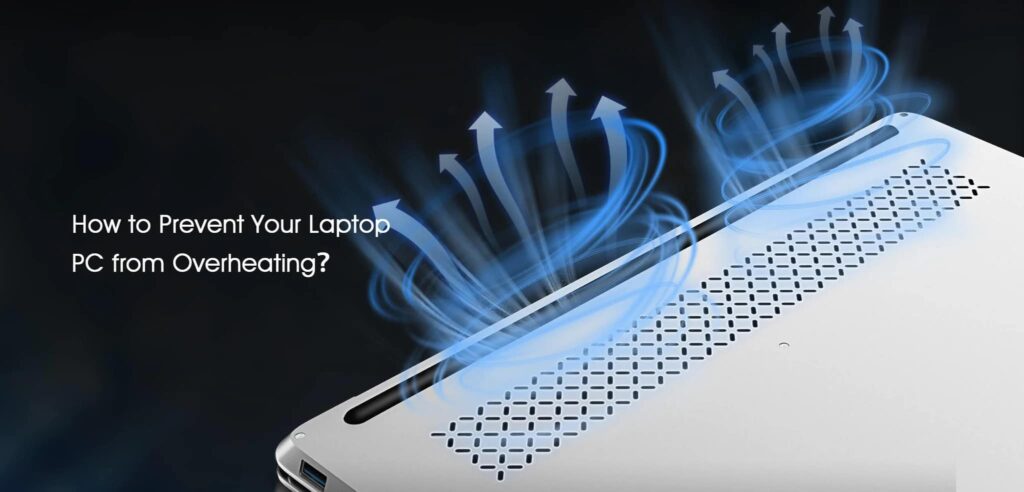
Maintain Hardware Health
- Clean the Laptop Internally: Dust buildup can impede airflow and cooling efficiency. Regularly clean the fans and vents to ensure optimal performance.
- Replace Thermal Paste: If your laptop is older, consider replacing the thermal paste on the CPU and GPU to improve heat dissipation.
Upgrade Hardware (if possible)
- Increase RAM or Upgrade GPU: If feasible, upgrading your laptop’s RAM or adding a dedicated GPU can help manage resource-intensive tasks more effectively. However, this might not be possible for all laptops.
Consider Virtual Desktop Solutions
Using a hosted virtual desktop for streaming allows you to offload processing from your laptop to a more powerful server. This reduces the strain on your local hardware, helping prevent overheating while maintaining stream quality.
By implementing these strategies, you can enhance your OBS streaming experience while minimizing the risk of overheating your laptop.
Also Read: b75 motherboard what generation cpu – Complete Guide!
Common Causes Of Laptop Overheating During Obs Streaming!
Laptop overheating during OBS streaming can be caused by several factors:
High CPU Usage:
Streaming with OBS puts a significant load on the CPU, especially if you’re encoding video in high quality. This can cause the laptop to overheat if the CPU is constantly running at full capacity.
Poor Cooling System:
Many laptops have limited cooling capabilities, and streaming puts a heavy strain on the system. If your laptop’s cooling fan is clogged, not working efficiently, or the cooling paste is old, it can lead to higher temperatures.
Inadequate Ventilation:
If your laptop is placed on a soft surface, such as a bed or pillow, airflow is restricted. This reduces cooling efficiency and leads to overheating.
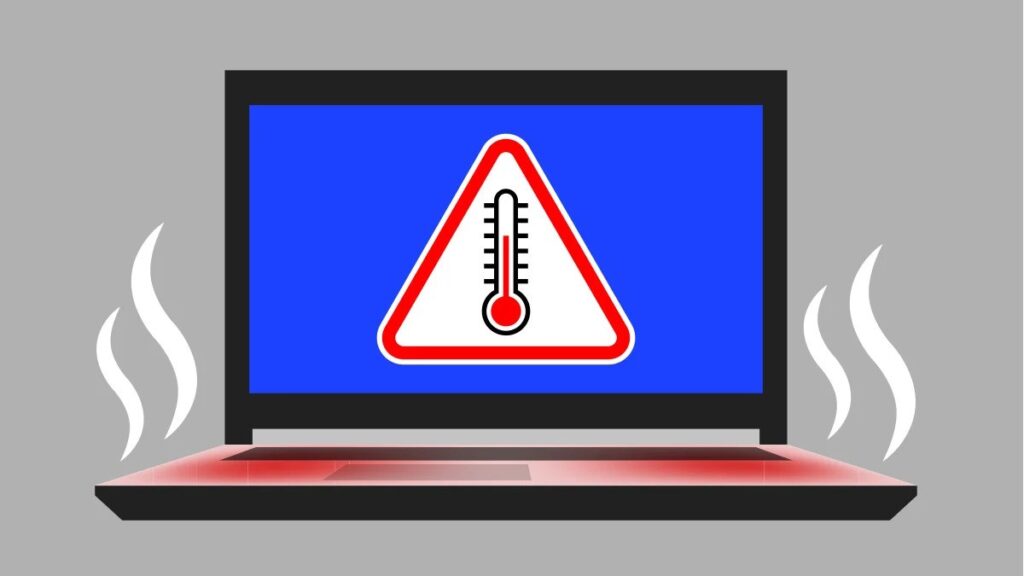
High Stream Settings:
Streaming at high resolutions (1080p or 4K) and high frame rates requires more processing power, which increases the strain on the CPU and GPU, leading to more heat generation.
Background Processes:
Running multiple background applications or tasks while streaming can consume additional system resources, increasing the load on your laptop and causing it to overheat.
Outdated Drivers:
If the drivers for your graphics card or other hardware components are outdated, it can result in inefficient processing during streaming, causing excess heat.
Also Read: Can Cpu Cause Crashes – How to Fix Overheating and Errors!
How Hosted Virtual Desktops Can Reduce Overheating During Obs Streaming!
Here’s how they can help:
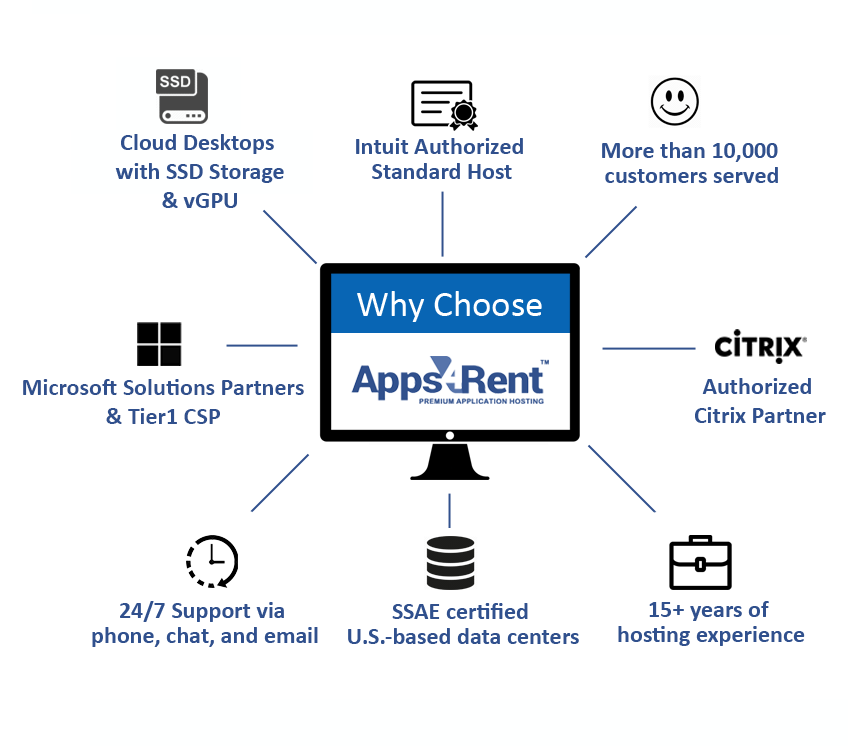
- Offloading Processing Power: With HVDs, the heavy lifting of video encoding, rendering, and streaming is done on powerful remote servers rather than your laptop. This reduces the strain on your local CPU and prevents overheating.
- Efficient Cooling: Data centers that host virtual desktops are designed with advanced cooling systems, ensuring that the servers don’t overheat. This contrasts with personal laptops, which have limited cooling capacity.
- Scalability: Hosted virtual desktops can be scaled to provide the necessary resources (CPU, GPU, RAM) based on the requirements of your stream, so you don’t have to worry about your laptop overheating due to high system load.
Also Read: Can You Play With Just a Cpu – Exploring the Power of Just a CPU!
How Apps4rent Offers Streaming Solutions To Prevent Overheating!
Here’s how they help:

- Offload Resource-Intensive Tasks: Apps4Rent’s virtual desktop solutions allow users to offload heavy streaming tasks like video encoding and processing to remote servers. This minimizes the workload on local devices, preventing overheating and performance issues.
- Scalable Resources: Their services provide scalable resources, ensuring you have the right amount of CPU, RAM, and GPU power for streaming. This ensures that your local machine doesn’t get overloaded and remain cool during OBS streaming sessions.
- Reliable Cloud Infrastructure: With access to high-performance cloud infrastructure and optimized data centers, Apps4Rent ensures that streaming runs smoothly without stressing your device, significantly reducing the risk of overheating.
24/7 Customer Support – Speak To Real Experts, Not Bots!
At Apps4Rent, you can enjoy 24/7 customer support with real experts ready to assist you anytime. Unlike bots, their knowledgeable support team provides personalized, efficient solutions to your technical issues, ensuring you receive prompt and accurate help whenever you need it. Whether it’s about streaming, virtual desktops, or any other service, you’ll always speak to a real person who understands your needs.
Also Read: Frustum Clipping On Cpu – Speed Up Your Rendering!
FAQS: “About Does Streaming Heat Up Cpu”
Does streaming make your PC hot?
Yes, streaming can make your PC hot. It uses a lot of your computer’s resources, which makes the CPU and GPU work harder, generating more heat. If your PC doesn’t have good cooling, it can get quite warm.
Does streaming affect the CPU?
Yes, streaming affects the CPU by putting a heavy load on it. When you stream, your CPU has to handle encoding and processing the video, which can cause it to work at higher usage levels. This can lead to slower performance if the CPU is overworked.
What is a normal CPU temperature while streaming?
A normal CPU temperature while streaming is typically between 60°C to 80°C. Temperatures above 80°C can indicate overheating, and if it exceeds 90°C, your PC may be at risk of damage or performance issues.
Why is my CPU at 100% when streaming?
Your CPU might reach 100% when streaming because it’s working hard to encode video and manage multiple tasks. This can happen if you’re streaming at high quality or running other programs that also use the CPU, putting a lot of strain on your system.
My CPU is running too hot when gaming/streaming?
If your CPU is running too hot while gaming or streaming, it might be overworked from handling heavy tasks like graphics and video encoding. Try improving airflow by cleaning your PC’s fans and using a cooling pad if you’re on a laptop. You can also lower your game/stream settings to reduce the load on your CPU.
Conclusion
Does Streaming Heat Up Cpu as it requires a significant amount of processing power for video encoding and managing multiple tasks. If you’re experiencing high temperatures, it’s important to ensure your system has proper cooling, adjust streaming settings, and monitor your CPU usage. Managing these factors will help prevent overheating and maintain smooth streaming performance.
